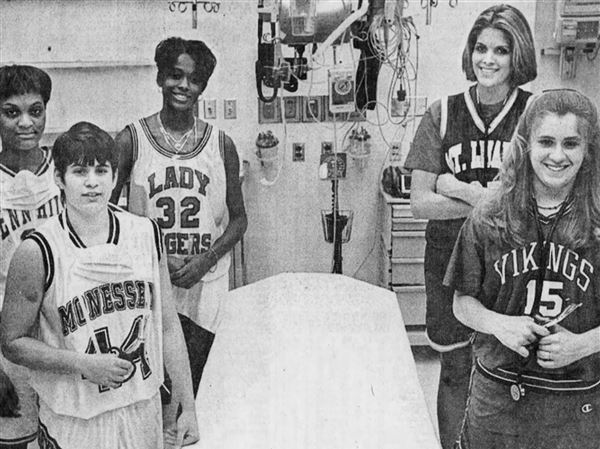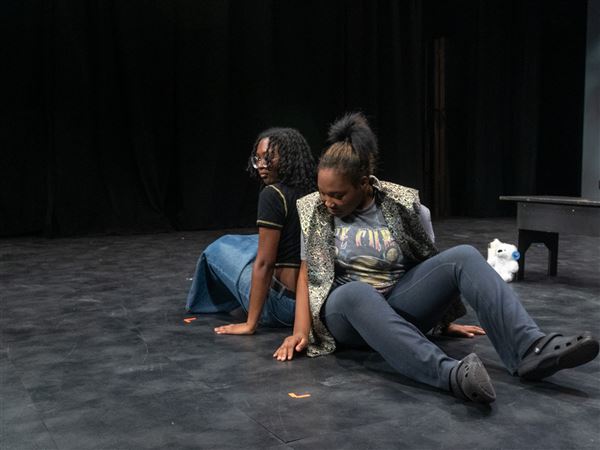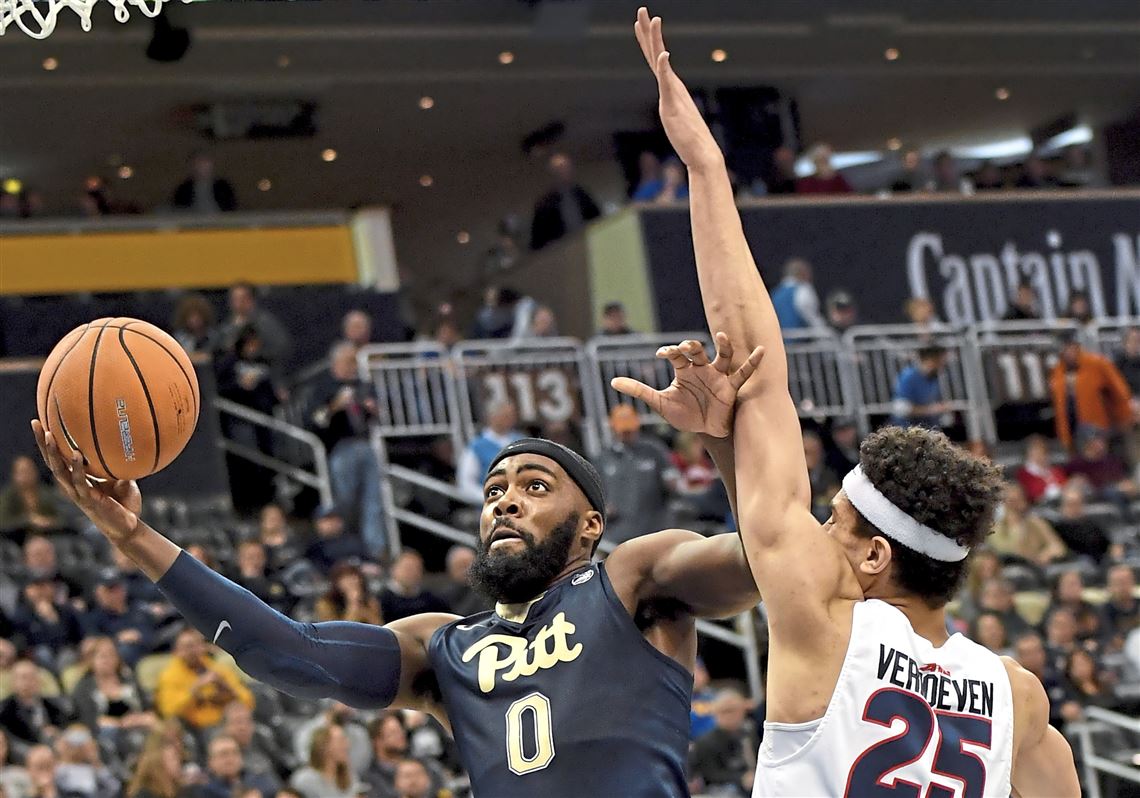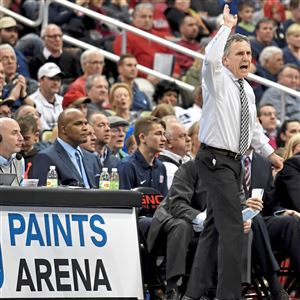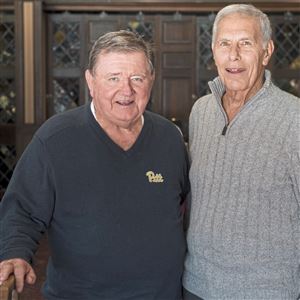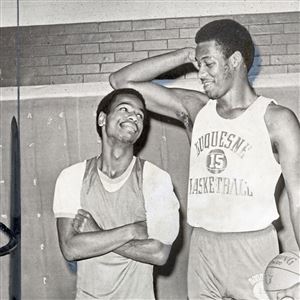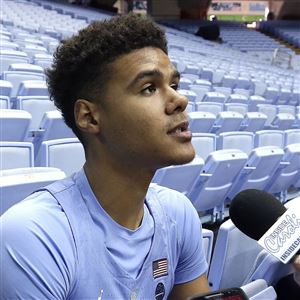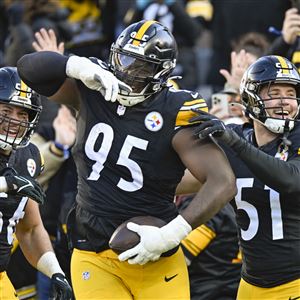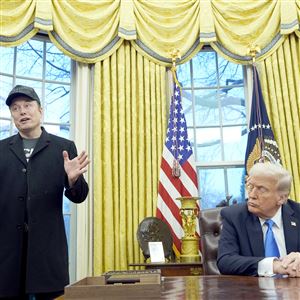There’s an old adage to which Kevin Stallings often likes to turn, a pearl of wisdom he picked up from his mentor, Roy Williams, many years ago. Losing a game is misery and from a win comes not joy, but relief.
“Unfortunately, those two emotions, they’re not equal,” Stallings said. “The misery’s a lot worse than the relief is good.”
It’s a conflict with which he’s constantly wrestling, especially this season as he tries to elicit positivity from a season that, with seven freshmen and 10 newcomers on his Pitt team, isn’t likely to produce an overwhelming supply of it.
On Friday, following the Panthers’ 76-64 victory against Duquesne, he yet again found himself there. In the days leading up to the annual City Game, there was talk from both Stallings and Duquesne’s Keith Dambrot about the meaning of a rivalry that carries very little importance beyond bragging rights in a city whose sporting attention is so often hooked on anything other than basketball. After Pitt shockingly fell last year to a Dukes team that won just 10 games, ending a 15-game win streak in the process, there wasn’t internal pressure on Stallings to win, at least more than he normally has.
But for both he and his players, there was absolutely relief.
“We had won, what, 15 years in a row? I didn’t want to come in and be the stooge to lose the first two,” Stallings said, minutes after he noted his team “needed to win this game.”
If any lingering questions arose from the Dukes’ win in last season’s City Game about the balance of power in what had become a one-sided rivalry, they were answered Friday at PPG Paints Arena. Order was, once again, restored.
The Panthers (4-4) led for 37:32 of a possible 40 minutes, never trailing beyond the first 2:27 of the contest. There were the occasional anxious moments, such as when Duquesne trimmed Pitt’s lead to as little as two with 12:55 remaining. Seemingly any time the Dukes (2-3) got within five points of Pitt, it was never able to take that elusive next step, making those brief spurts threats that never amounted to anything more.
The victory, for the Panthers, was their 16th against Duquesne in their past 17 meetings and the 35th win in the series’ past 39 matchups.
In his final City Game, senior Ryan Luther, a Gibsonia native, carried his team in a season in which he will have to do so often, finishing with a team-high 16 points and nine rebounds, as well as a precious opportunity to bask in that achievement. With 38 seconds remaining and his team leading by 14, Luther was subbed out and received a warm ovation from the crowd on his way to the bench.
“I think that’s pretty special,” Luther said. “I think it’s great that we do that, and it definitely has a little more importance than just a normal non-conference game.”
A Pitt team that will struggle with the side effects of inexperience for much of the season saw a kindred spirit on the opposing sideline Friday, as a Dukes team that experienced its own share of roster turnover struggled for much of the night, particularly offensively.
This season, for both programs, may be a low point of sorts for two teams that are expected to struggle mightily once conference play arrives. In the coming years, as Duquesne’s barrage of incoming transfers become eligible and Pitt’s young players mature, the quality of play should improve. For the time being, though, there was something left to be desired on the court.
“At some point, hopefully two or three years from now, it can be a high-level game,” Dambrot said. “It was a relatively low-level game tonight. I don’t know any other way of saying it. I kind of call it like it is. It was a low-level game. It wasn’t Duke-North Carolina, right?”
On this night, though, it was a return to normalcy for many who are around the rivalry and even for some of the players who had yet to experience it.
As the game was in hand late, members of Pitt’s student contingent chanted “Little brother” at the Dukes, a reference to the City Game’s recent lopsided legacy. There was no court-storming for Pitt’s players or fans and even as they were to receive the trophy, guard/forward Jared Wilson-Frame had his arm around Marcus Carr on one side and Jonathan Milligan on the other, each with a calm expression on their face, as if this was all just supposed to happen.
For so many of those players, the expectations that exist for them had been processed and understood. And their first taste of the rivalry was an undoubtedly sweet one.
Craig Meyer: cmeyer@post-gazette.com
First Published: December 2, 2017, 2:07 a.m.
Updated: December 2, 2017, 4:01 a.m.
